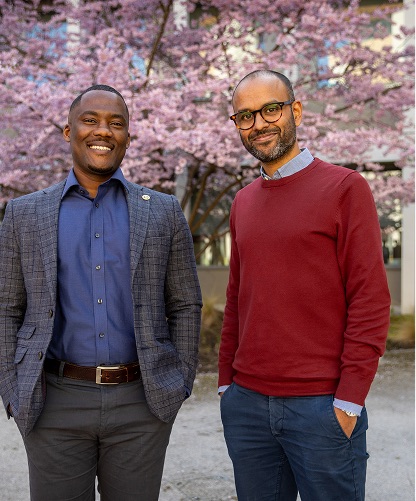Beyond the hype: AI that serves society There’s no shortage of buzz around artificial intelligence (AI). From self-driving cars to the promise of revolutionising healthcare, AI is being hailed as the technology that will change the world around us. But what does this really mean for our everyday lives? And how can we ensure that AI is used to serve all of us across society, not just the interests of a few?
At the University of Cambridge, ai@cam is at the forefront of developing artificial intelligence with real purpose. Led by Professor Neil Lawrence and Jessica Montgomery, the University’s flagship mission on AI unites expertise from across research domains, businesses, policy-makers, and civil society to ensure AI supports practical, community-driven solutions that benefit all in society.
One of the biggest misconceptions around AI is the hype surrounding Artificial General Intelligence (AGI), or machines that could outperform humans in all tasks. Lawrence refers to this as “AGI vaporware,” promises of a technology that haven’t yet been built but are marketed to attract investment. “There is no doubt that these technologies are utterly transformational, but we need to be careful,” he explains. “The term AGI is being used as a marketing tool, but marketing doesn’t solve the real-world problems we care about, like healthcare or education.”
The focus on this speculative future distracts attention from where AI could make an immediate difference. The challenge of translating that potential into practice couldn’t be more true than when it comes to our public services. “There’s often a sense that experts from industry or research can simply hand down a ‘one size fits all’ solution to public service professionals,” Montgomery points out. But the reality is far more collaborative. “If we’re going to make AI tools useful for the public sector, we need to start by understanding the issues that public servants and people using public services are grappling with” she says. “AI won’t offer a quick fix. The real challenge is tackling the complex issues - whether it’s healthcare, education, or crime - by working through these problems together. We need to co-create solutions that truly serve the public and that’s by involving them at the very beginning of AI design.”




